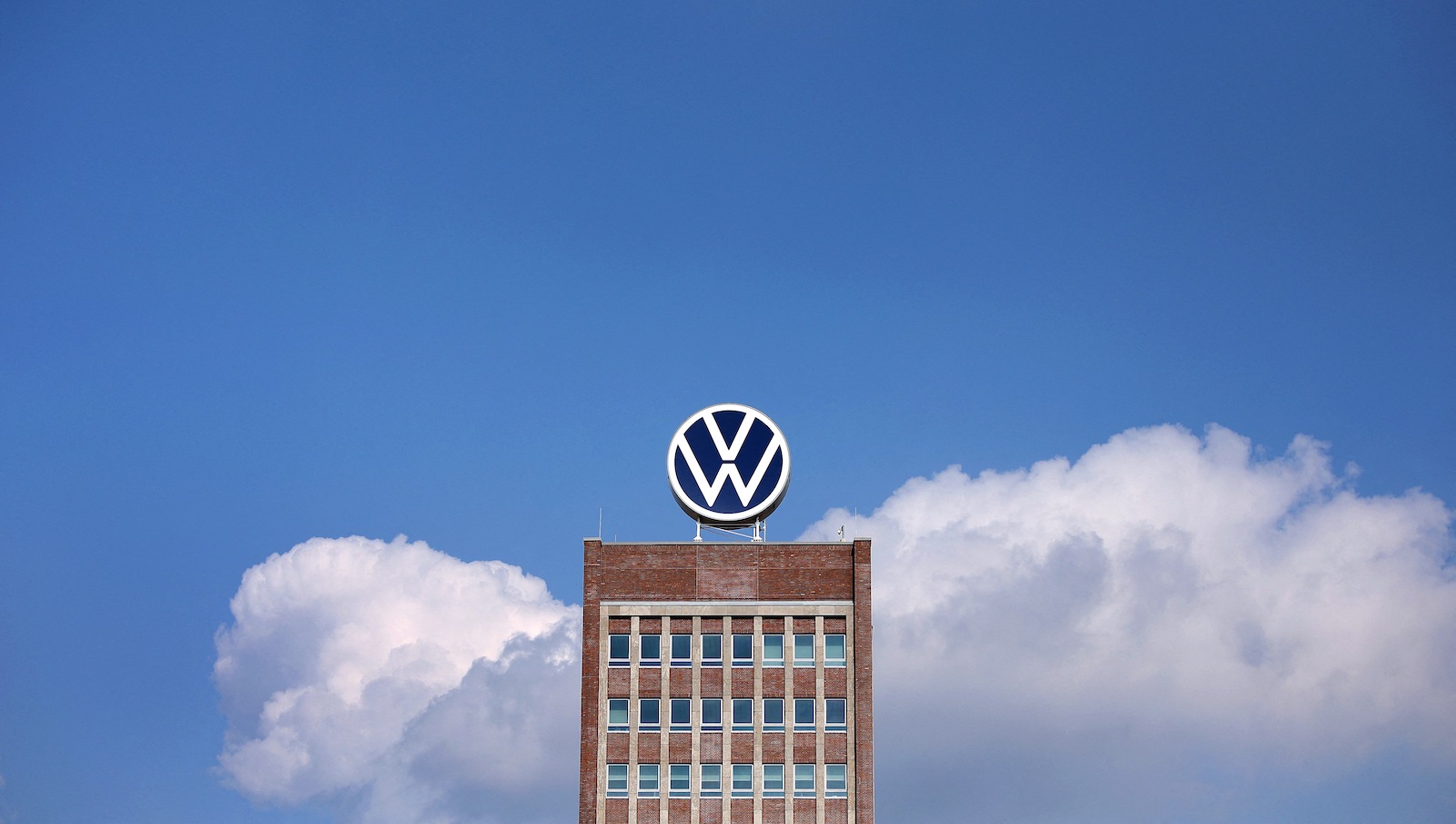For a few idyllic moments on Monday and Tuesday, it looked like the German automaker Volkswagen was poised to become either the dorkiest or coolest company in the business by renaming its U.S. operations Voltswagen, after the unit for electric potential.
Except that it was an April Fools’ Day joke, released a couple of days early. After spinning the internet into an uproar — and telling multiple journalists that the change was for real — the German parent company finally admitted that … yeah. The whole thing was a poorly timed prank.
“We didn’t mean to mislead anyone … The whole thing is just a marketing action to get people talking about the ID. 4,” a German spokesperson told the Wall Street Journal, referring to Volkswagen’s new all-electric SUV.
OK, setting aside the question of “misleading,” the “Voltswagen” incident is the latest in a whole string of splashy ads, gags, and gaffes that have marked the U.S. auto industry’s halting steps toward making electric cars. That’s one of the main reasons the Internet fell for it. In the past six months alone, Americans have seen Will Ferrell, repping General Motors, smash his fist through a globe to prove that the U.S. can also make EVs; all-electric Hummers “crabwalking” sideways across a rock-strewn desert; and the super-sexy Idris Elba wandering out of a coffee shop to croon about the virtues of a new EV Mustang.
So, after decades of most major car companies dragging their feet on electric vehicles, they’re finally starting to get the message — even if the message has to be delivered by Awkwafina. And automakers are targeting their new EVs not at Nissan Leaf-driving environmentalist types but at a whole different demographic: the Hummer-driving, beer-drinking, Super Bowl-watching American. You can drive an SUV or a Mustang or even a cute little VW bus and still be driving an electric car!
The country still has a long way to go. Fewer than 1 percent of vehicles on the road in the U.S. today are electric (hence Will Ferrell’s rage), and EVs accounted for only about 2 percent of all light-duty cars sold in 2019. Americans are interested in buying electric cars, but are still stymied by higher up-front costs, lack of charging infrastructure, and a lingering (and potentially unfounded) range anxiety.
And the big irony is that this huge PR push might not have been necessary had car companies not blocked the development of cleaner car standards for decades. General Motors, for example, was widely criticized for “killing” the electric car after it destroyed its “EV1,” a mini electric car that debuted in 1996; just last year GM supported the Trump administration in a lawsuit opposing California’s stricter fuel emission standards. And let’s not forget that Volkwagen had to pay a $2.8 billion fine a few years ago after installing software on its cars that would help them cheat emissions tests.
So yeah, let the good times roll with sexy ads and forehead-slapping gaffes and as many “volts” as possible. The U.S. needs EVs, and it’s going to take more than splashy ads to get there.



